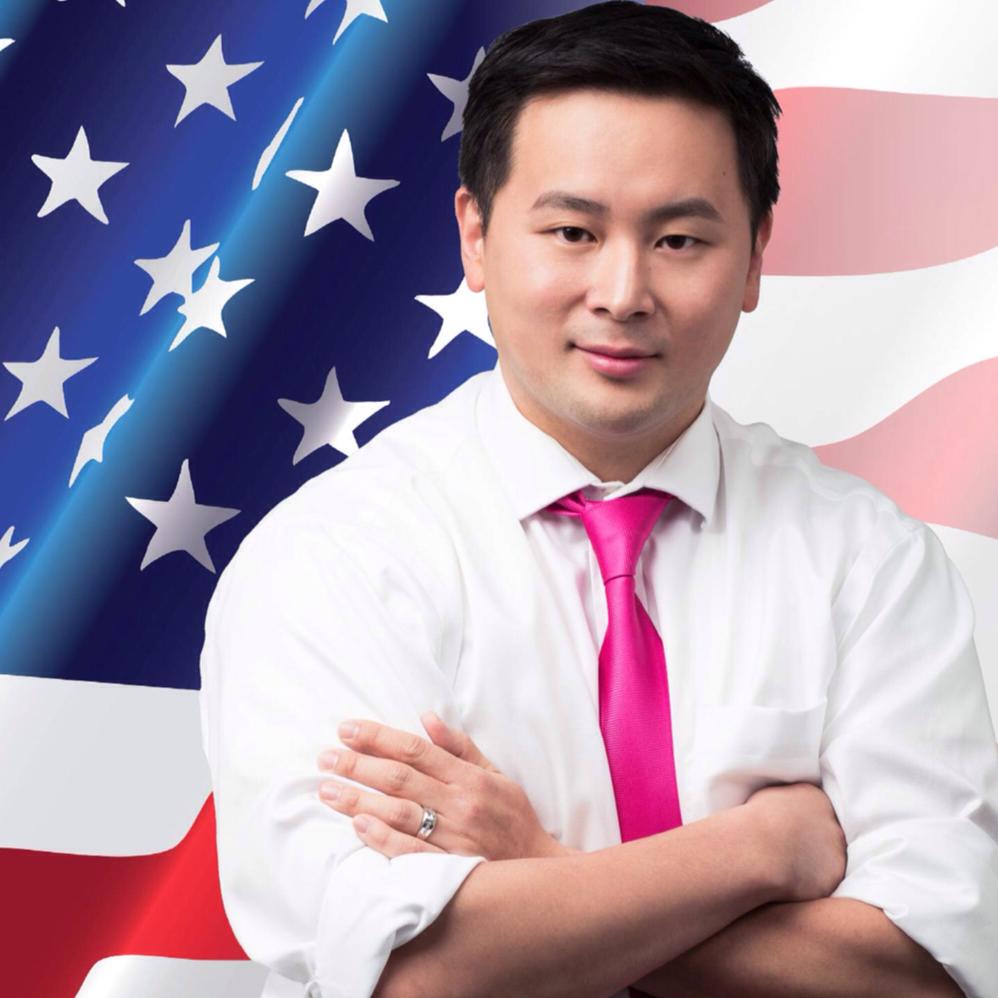Assemblymember Ron Kim (D-Whitestone, Flushing, Murray Hill) last week amended his landmark legislation written to encourage the burgeoning cyrpocurrency industry to keep innovating while at the same time be subject to new government regulatory agencies.
Dubbed the New York Crypto Exchange Act, A9899, the measure will provide a receptive space for blockchain and FinTech startups in New York State.

The amended legislation will also eliminate the BitLicense, the common term used for a business license of virtual currency activities, that the New York State Department of Financial Services (
Specifically, the Sandbox Legislation would provide a siloed regulatory framework allowing FinTech startups to test innovative products and services for a 24 month period.
Participants will deliver assessments to the Attorney General and Comptroller’s offices; identifying goals, progress markers, and security apparatuses for consumers. Under the combined authority of both the Attorney General and State Comptroller, entrepreneurs and investors will no longer be beholden to the whim of a single bureaucrat.
Furthermore, this framework will provide the state with the flexibility to test technologies that don’t perfectly fit into existing regulatory structures. Many in government were not prepared for the FinTech revolution, and in a hurry to protect consumers may have deterred or antagonized businesses.
A regulatory sandbox prepares New York for the next great innovations in commerce and future technologies that have yet to be realized.
“The New York FinTech Sandbox Act is the first step to bringing long-term monitoring mechanisms to this rapidly developing industry. The market has grown rapidly but consumer protections have not evolved to match its pace; either failing to properly protect consumers or going too far and discouraging innovation,” said Kim.
“This bill will encourage job growth and economic development, particularly in the places in our state that need it most. I look forward to working with all stakeholders to make sure that we do what’s right for New York,” the lawmaker added.
New entreprenuirs in this new business sector lauded the proposed legislation.
“This new framework will place New York at the forefront of FinTech in the United States,” said Scott Morris, Founder of Ithacash. “FinTech, blockchain and cryptocurrencies have the opportunity to radically change the way we think about money. A regulatory sandbox gives startups like ours the flexibility to test innovative products in a real world market. Communities in New York will have the opportunity to serve as incubators for the next big breakthroughs in financial services. With this legislation Assemblyman Kim has demonstrated his commitment to protecting consumers while helping small businesses in New York thrive.”
Bernard Moon, Co-Founder of SparkLabs said, “We in the tech and startup industries are grateful to Assemblyman Kim for his leadership in this area. The capricious and arbitrary nature of current regulation in the space has shown the need to decentralize authority. The New York Fintech Sandbox is the most comprehensive piece of FinTech legislation in the country while still retaining the flexibility to address technologies and innovations we haven’t even thought of yet. This bill protects consumers and is great for innovation.”
“New York state is taking an important and courageous step in repealing the BitLicense, which has proven to be unworkable.” said Fennie Wang, Founding Team and Regulatory Lead, ixo Foundation. “Enabling a blockchain and fintech sandbox in New York will foster innovation, creativity and new markets in the state, greatly contributing to New York’s position as a financial capital and technology leader. I am hopeful that the sandbox will enable projects to experiment with services and products that support social impact and sustainable development, products that may not otherwise be possible to develop in more costly regulatory environments.”







